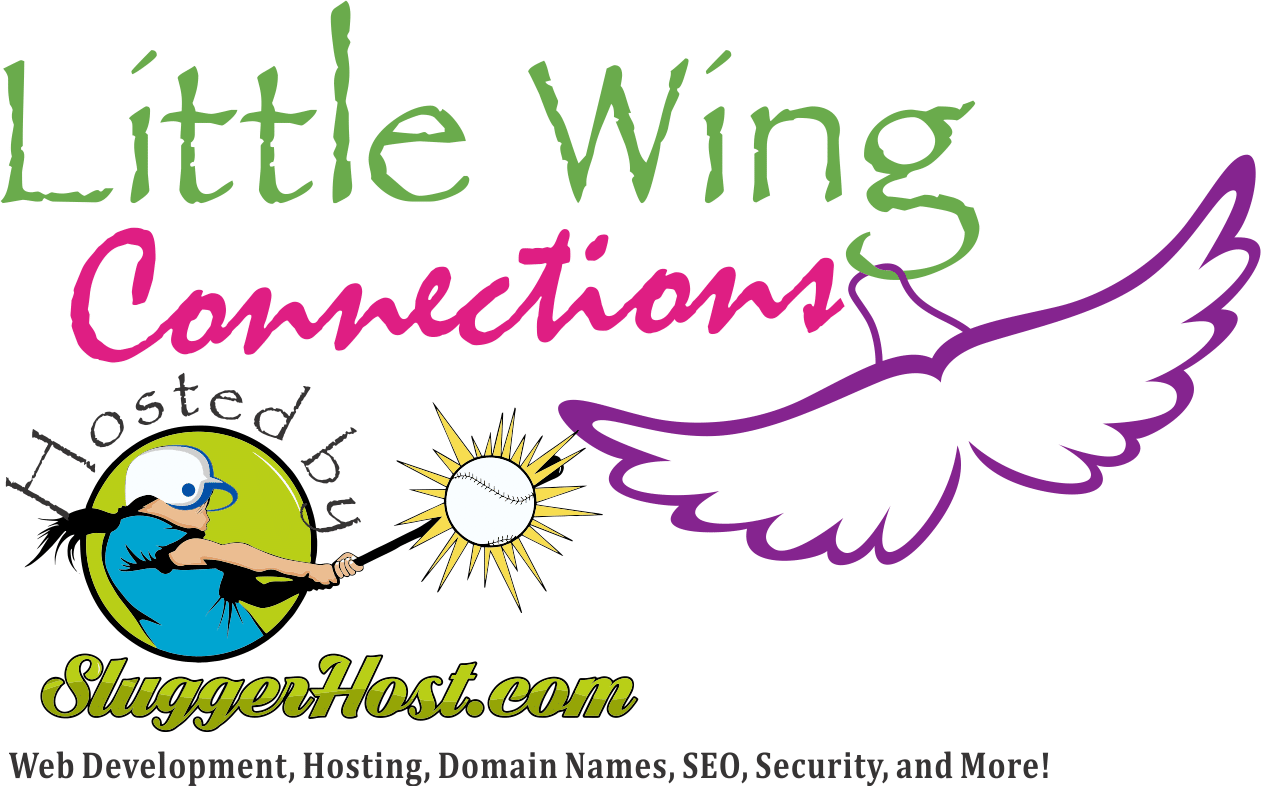Originally published on Linkedin.com on Feb 12, 2016 By Benjamin Cornic

It’s about to go live! Make no mistake: this “cute” addition to the “Like” button will impact your business and force you to rewrite your social strategy. Here’s why:
- Engagement will be much more precise and encompass tonality (positive / negative). A lot of industries will suffer from visible negative sentiment, potentially impacting their reputation and reach.
- New business opportunities will arise, as you’ll be able to target detractors of your competitors. But this goes both ways…
- This will force everyone to rewrite their social strategy, moving from top-down posts to communication anchored in brand utility, undisputable proof, and consumer-centric ideas.
1. Engagement will never be the same
With Facebook Reactions, consumers will have the option of disagreeing with you in one click, and no longer ignore you for lack of better options. Engagement might rise, but not in a positive way.

First, this will of course visibly impact your social reputation. Everyone will be able to see the level of agreement you get as a whole. I predict that there will soon be business rankings in articles and magazines based on the tonality of their Facebook Reactions. What if you’re last in line?
Second, if a significant percentage of your Reactions are negative, you might even see your reach decline even further, as Facebook’s Edge Rank evolves to present news from players with better tonality.
There’s a worse scenario: if your engagement doesn’t rise and people ignore you, then you’re truly irrelevant and may disappear from their timelines forever unless you invest big on Facebook ads.
Of course, Community Managers will try to cope by keeping positive engagement high, mimicking what they do on Twitter by suggesting positive choices only: “The new iPhone is out. Love if you prefer the white version, Wow if you prefer the black version”. But this is only a makeshift solution.
2. Business opportunity and threat
“The enemy of my enemy is my friend”: imagine being able to target discontent customers from your competitors. That’s certainly something you’re looking forward to, but so are your competitors.
That is especially true in the French telecoms industry, as we try to unlock consumers from competitors’ contracts by refunding their switching penalty. With an average of 70% of negative tonality overall, that’s an industry ripe for all-out-war if this targeting opportunity becomes available.
Airlines, utilities, banking and insurance companies are in the same case, being debt industries: customers think about us only when something goes wrong.
That’s why everyone will be moving fast to improve the amount of positive sentiment they get.
3. Rewrite your Social Strategy now
For these reasons, you’ll want to rethink you social communication strategy, and find out how you can break through. Unless you’re a soda company or work in the luxury industry, enjoying a lot of positive sentiment, you should start worrying now. These Facebook Reactions will force Social Media Managers to:
- Revisit why your brand is active on Social Media, and what business objective you want to achieve (remember, engagement is NOT a business objective).
- Explore brand utility: delivering a genuine service though social media (tutorials, advice on service optimization, tips and tricks, …);
- Turn the table around: tap into consumer participation to help you design your product, services, or keep track of your business engagements.
- Be real, and make sure your anchor your communication in tangible proof;
- Become “emotion managers”, and truly think about how you make people feel;
This apparently small change on Facebook will drive us to give a louder voice to the customer within our organizations.
Now you know what I’ll be doing in the next two weeks. What about you?
Benjamin Cornic is Head of Communities and  Social Media Manager for SFR, the #2 Telco operator in France. His mission is to build consideration for the brand through word-of-mouth.
Social Media Manager for SFR, the #2 Telco operator in France. His mission is to build consideration for the brand through word-of-mouth.
